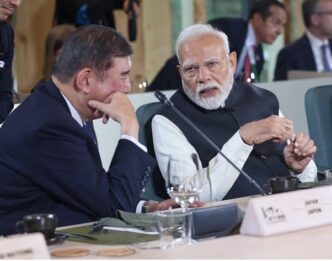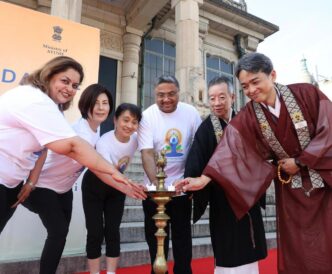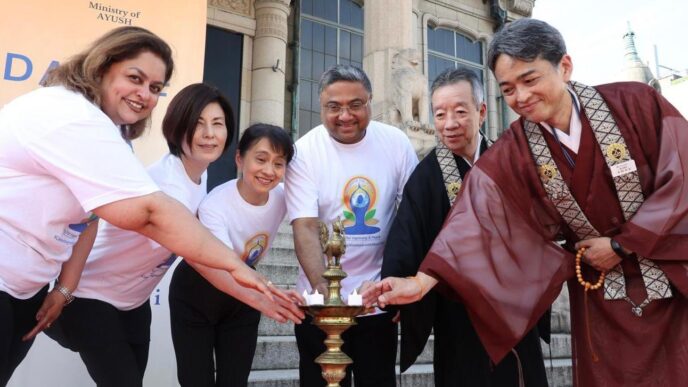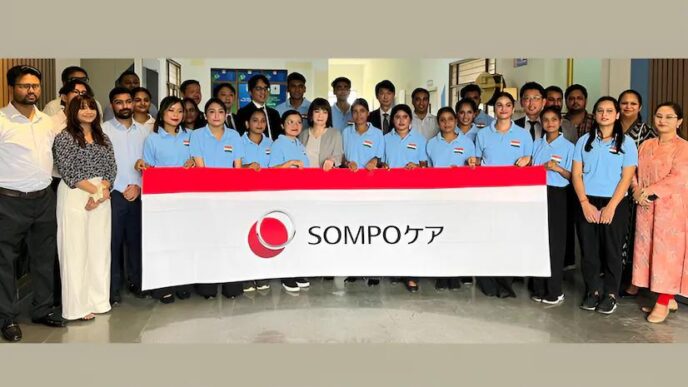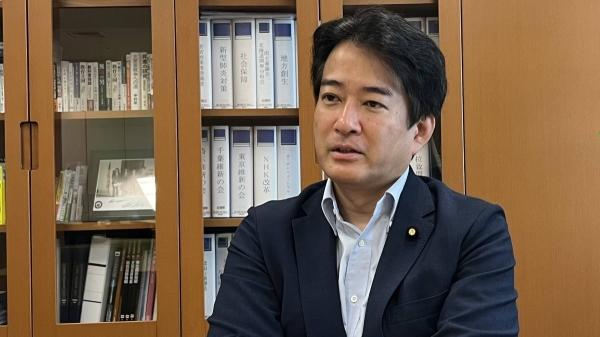At the sidelines of the G7 Summit in Canada, a significant diplomatic engagement took place between Indian Prime Minister Narendra Modi and Japanese Prime Minister Shigeru Ishiba. The two leaders held insightful and forward-looking deliberations, reaffirming the strong and evolving partnership between India and Japan.
The discussion focused on key areas such as economic collaboration, technology sharing, infrastructure development, defense cooperation, and people-to-people ties. Both nations expressed a firm commitment to deepening strategic ties and expanding cooperation in the Indo-Pacific region, especially in light of growing global challenges and opportunities.
The meeting underscores the vital role that the India-Japan partnership plays in maintaining peace, stability, and prosperity not only in Asia but on a global scale. The leaders also discussed collaboration on clean energy, digital innovation, and supply chain resilience—areas where both nations share mutual interests and complementary strengths.
This engagement comes at a time when the world is witnessing major geopolitical shifts, and democratic nations are seeking to enhance trusted partnerships based on shared values and mutual respect.
FAQs
Q1: What was the main outcome of the meeting between PM Modi and PM Shigeru Ishiba?
A: The key outcome was a renewed commitment from both India and Japan to strengthen their bilateral relationship across strategic sectors such as defense, trade, digital innovation, and infrastructure development.
Q2: Why is the India-Japan relationship important globally?
A: The India-Japan partnership plays a crucial role in promoting stability, democratic values, and economic growth in the Indo-Pacific and beyond. Both countries are committed to working together on shared goals in technology, clean energy, and regional security.
Source:https://www.facebook.com/share/16dpz7HMYM/?mibextid=wwXIfr
